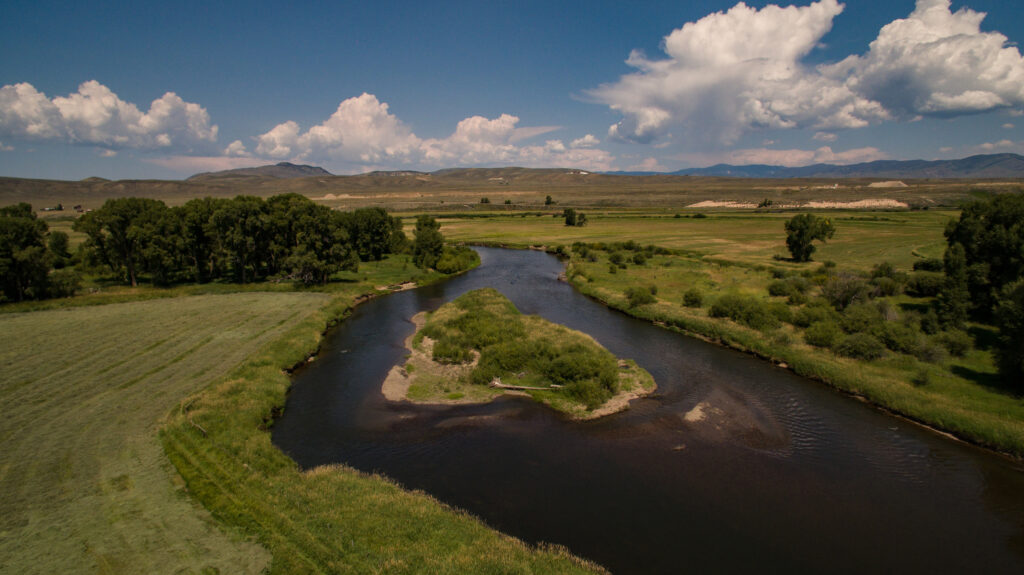
Growing up in Fort Collins, Colorado, the Colorado River has been a pillar of my life for as long as I can remember. As the child of a family that frequently took my younger brother and me rafting, the river was the backdrop of my best childhood memories. It was my first glimpse into the exciting world of white water, along with the beauty of nature. In many ways, it was responsible for my love of rivers in my youth. When your access to rivers is present, it becomes easy to forget the sanctity of water and the role that rivers play in everyone’s lives, whether present or not.
As a young adult embarking into the world of conservation through a lens of river protection, I have again been reminded of the importance of the Colorado River. This lifeline provides water to 40 million people and is a vital water source and spiritual foundation for 30 tribal nations throughout its vast footprint. In Colorado, it is a critical source of drinking water for Denver and most of the Front Range, including Fort Collins. It also sustains a vibrant agricultural heritage and economy across most of the state. Colorado is the primary headwaters state, delivering water for more than 1,450 miles from a tiny, high mountain rivulet, to raging whitewater in the Grand Canyon, to a salad bowl of America before crossing the border with Mexico. It sustains human life, recreation, and vital ecosystems in the region we all depend on.
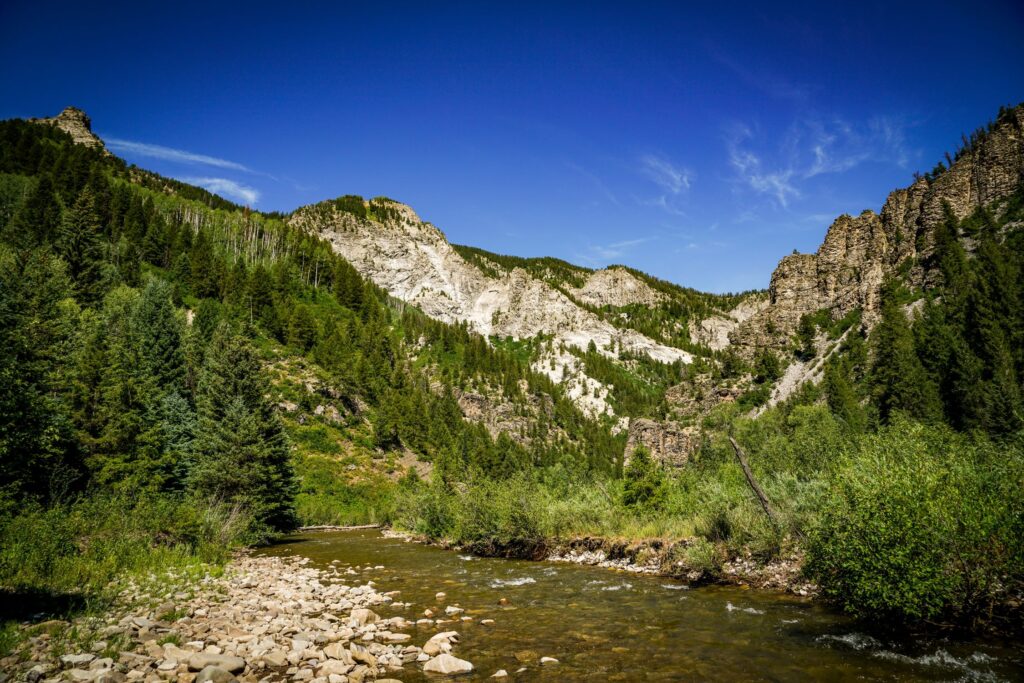
Let's stay in touch!
We’re hard at work in the Southwest for rivers and clean water. Sign up to get the most important news affecting your water and rivers delivered right to your inbox.
However, we have collectively taken the benefits of the Colorado River for granted. Warming temperatures, lingering drought, and a fast-growing population have exacerbated unsustainable water management practices that threaten the very rivers our nation depends on. We are in the grip of a severe water crisis, according to leading scientists. The flow of the Colorado River has declined 19% over the past two decades, and Lake Mead and Lake Powell have both reached critically low levels. The increased demand for water from the Southwestern U.S has taken more water than the river can sustain. We are at a crossroads, and it is critical that leaders across the Basin identify a clear path forward.
This is a challenging time to lean into the world of conservation when so much remains unknown, and the road ahead seems uncertain. Nonetheless, hope springs eternal and provides a vision for a more sustainable and equitable future for protecting our vital rivers. In communities around the country, youth are stepping up and following in the footsteps of the river experts and advocates who have come before us. There is a growing community of voices, including young people, who have shown a deep commitment to rivers and protecting a future for all of us.
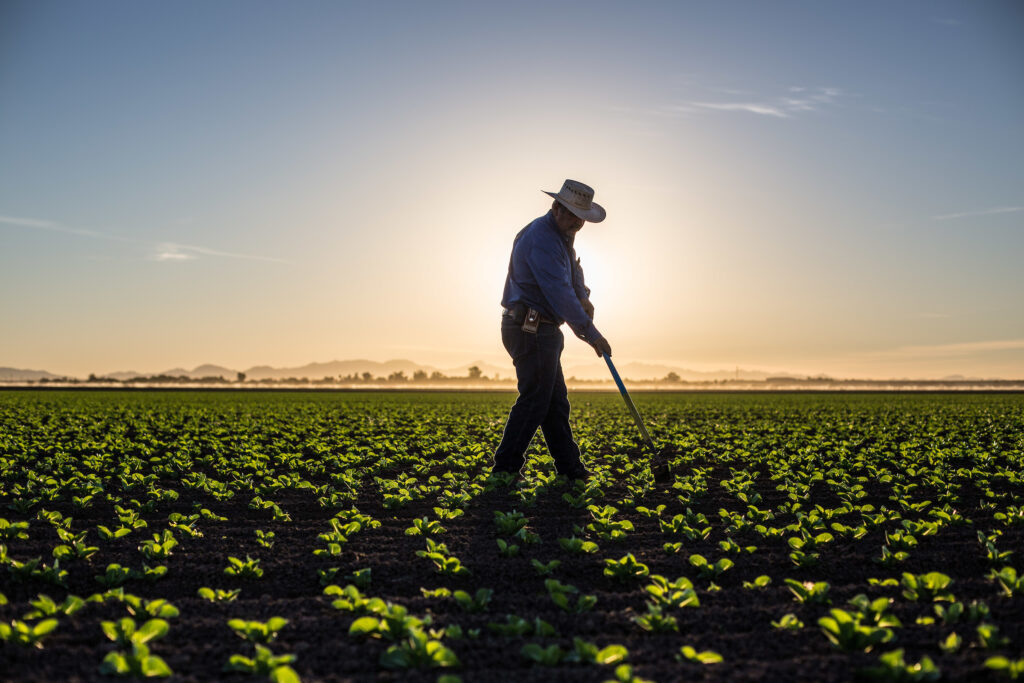
Earlier this year, Fort Collins enacted the city’s Water Efficiency Plan (WEP) to reduce water use, enhance landscape resilience, and minimize the risk of future water shortages. Fort Collins is dependent on the Colorado River for most of its drinking water and is setting an important precedent by emphasizing a conservation-first approach while incorporating community feedback and values into its structure. This policy is an important step for our future because it highlights a proactive river protection approach that reflects the impacts of our changing world.
I encourage you to get outside and reflect on the places or rivers that help you thrive, whether through recreation, appreciation for the drinking water they provide, or how they support an economy that benefits you and your community. Celebrate the folks around you who continuously fight for stronger water polices and healthy rivers. Support the passion and dedication of the younger generation who have banded together for the Colorado River, working to secure a future that sustains the life, culture, and communities we all depend on across the Southwest.
Dani Trevino joined American Rivers as the Southeast Conservation Intern for the Summer of 2025.
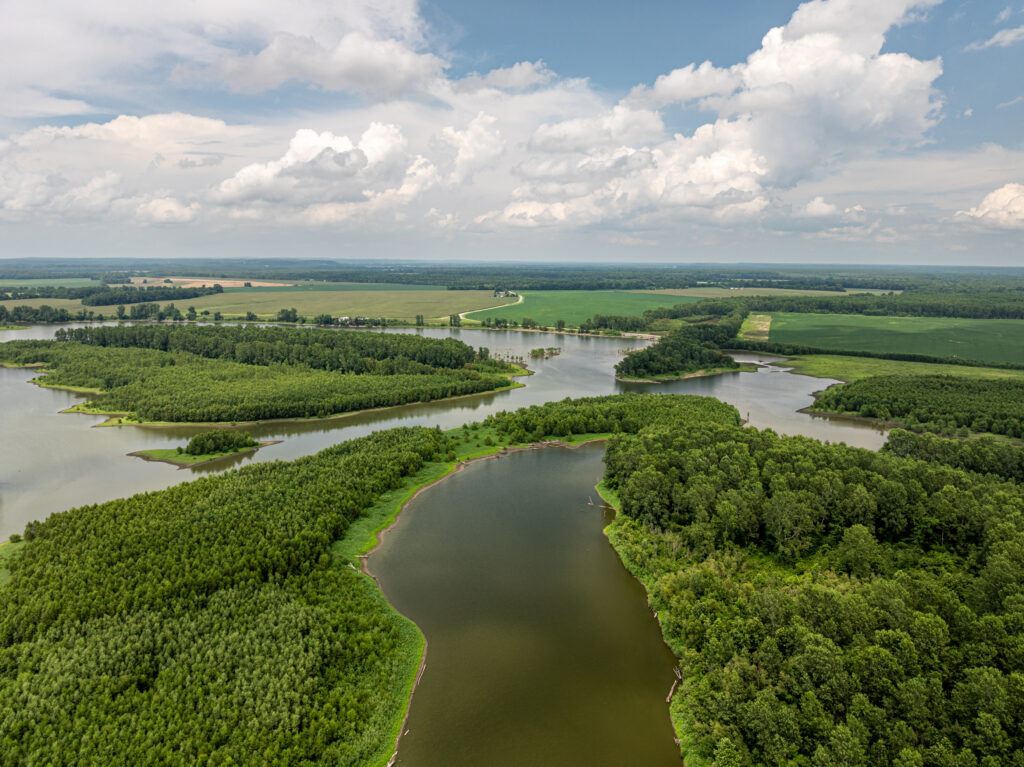
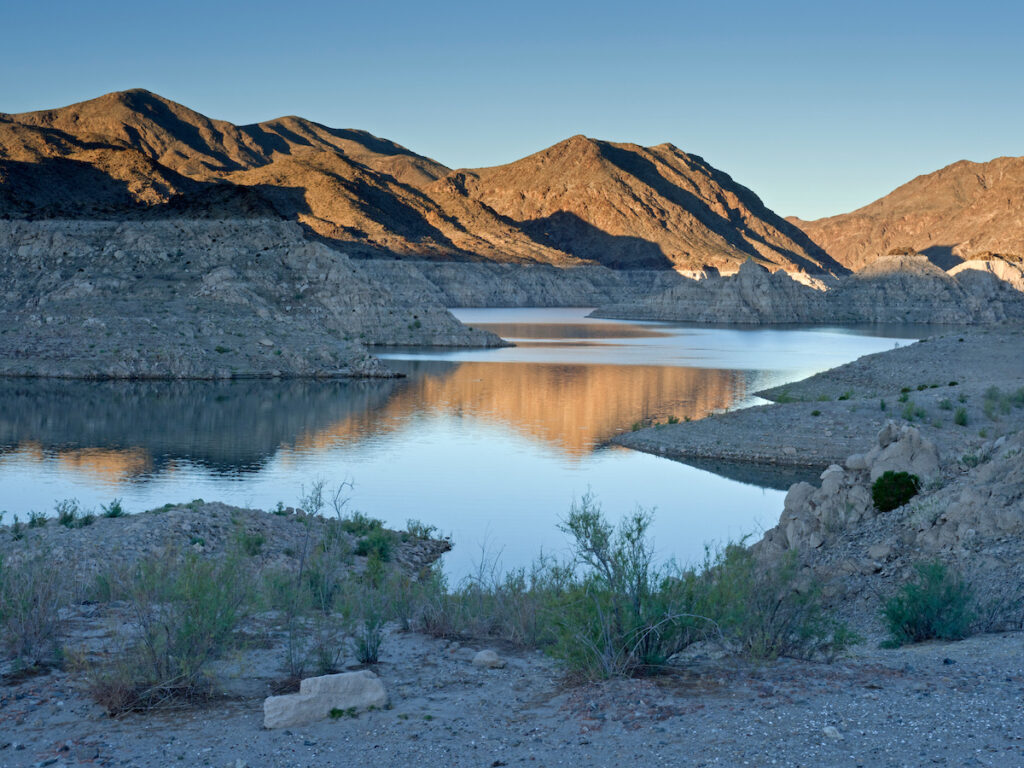
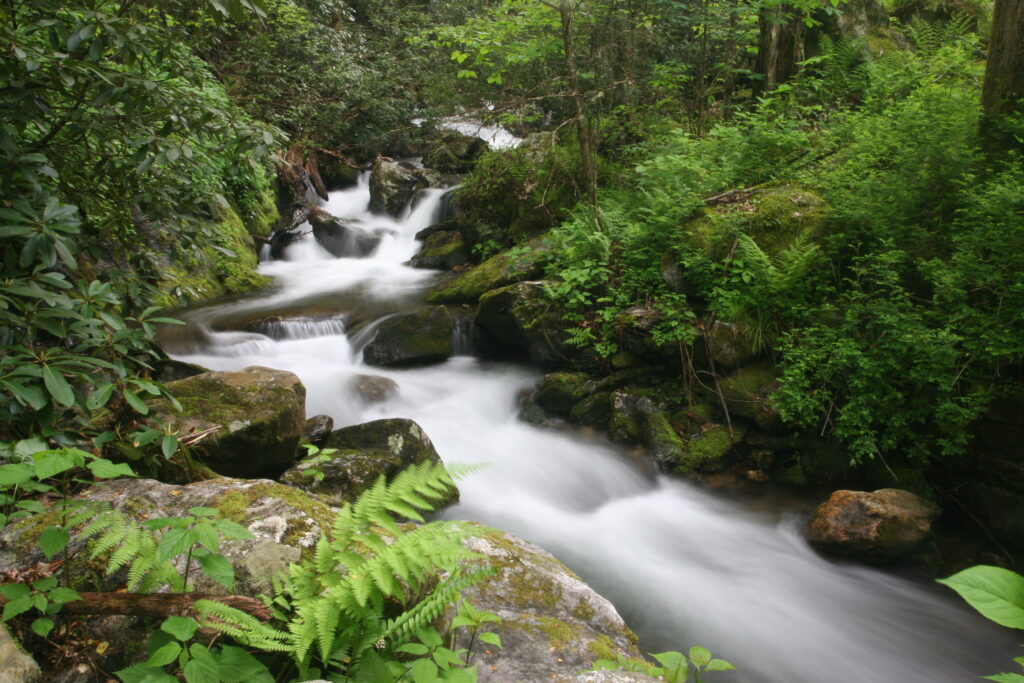
5 responses to “The Colorado River Basin”
Keep fighting hard for conservation, Dani. It’s one of the few things that really matter.
Very informative and relevant to how important water is to the environment and people’s lives. Keep up the good work Dani. Cousin Bob Deutsch
A beautifully written and compelling ode to the Colorado River.
A powerful, personal call to action — to be mindful of the rivers we enjoy, and to support the conservation efforts that keep our rivers healthy! Well written.
Terrific article – well thought out and presented!